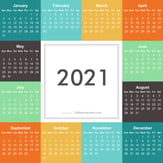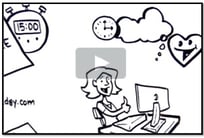Conducting effective meetings is an art and a science. It is a multi-faceted challenge and it is a team effort. However, there are still some basic things that we can do to help avoid meeting inefficiencies.
Before the meeting
- Clarify what are you are trying to accomplish?
- Determine if a meeting is the best way to accomplish this objective?
- If so, does it need to be face-to-face or virtual?
- Who should be in the meeting?
- How long does it need to be?
- Prepare and send clear objectives, agenda, and logistics
- Share supporting material ahead of time
- Send a reminder
During the meeting
- Assign clear roles (facilitator, time keeper, note taker, etc.)Co
- mmunicate objectives and agenda (again)
- Ask if more items need to be added to the agenda
- Communicate how participation will be handled (especially for virtual meetings)
- Engage the participants (ask the observers for their input)
- Ask questions, make suggestions, stay flexible, but don’t hesitate to facilitate (it is your role and your responsibility)
- Stay strategic, think 80/20
- Summarize key decisionsConfirm action items
- Schedule potential follow-ups
- Have participants fill out feedback forms
After the meeting
- Send meeting notes and action items
- Review evaluation forms/feedabck
- Identify lessons learned and future improvements








